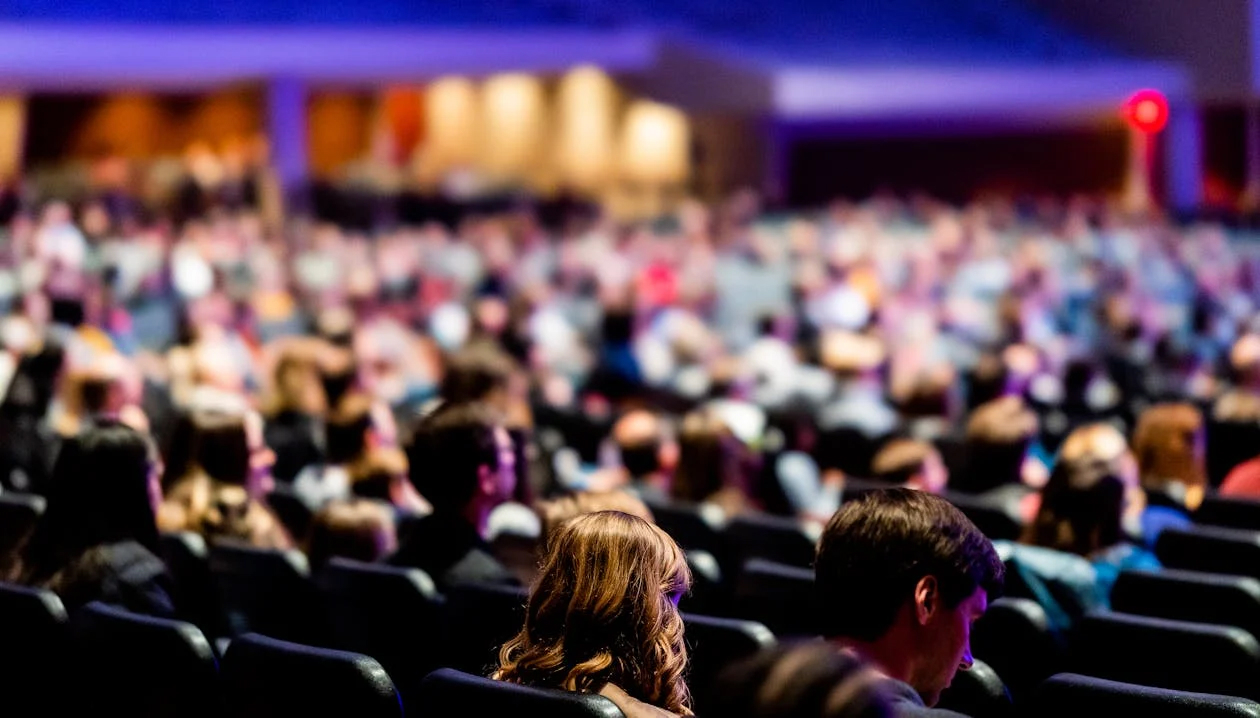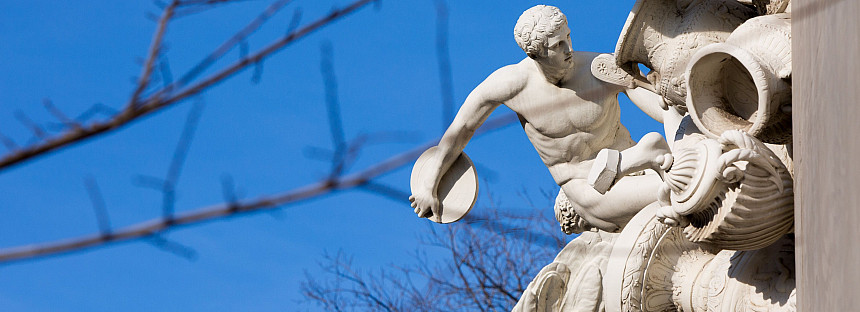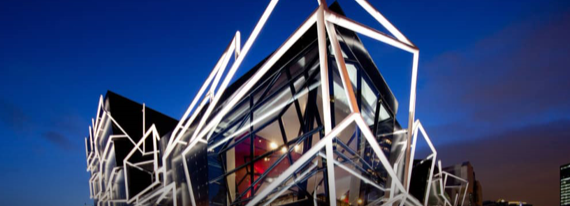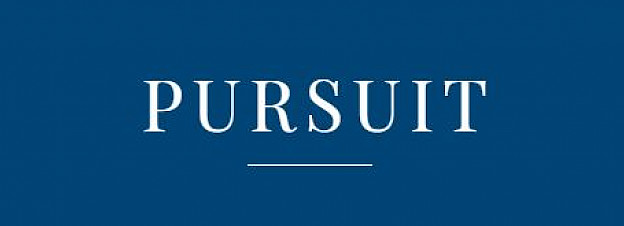
Events
Faculty of Architecture, Building & Planning at the University of Melbourne
Featured events
TOO KAE LAGO: Addressing loss and damage in Pacific Island communities
Talofa! You are invited to join us for an hour of talanoa (discussion) followed by lunch. Bookings are essential.
“Tookaelago”is a Tuvaluan proverb from Niutao Island recognising that when extreme events strike, their environment and livelihood will be impacted. It is also a call to action recognising the resilience of the island, ensuring to always “catch” and lift the island in times of hardships.
Talanoa:
Where is the Green Climate Funding was a common question asked by about 500 farmers and fishers in Fiji, in 2022, when the United Nation Community Development Fund funded a study on impacts of cyclones, floods, and droughts on farmers and fishers in Fiji, and how did they “avert, minimise and address” their losses. About 80% of participants used their limited savings to recover after droughts and cyclones. But these limited savings were not meant for disaster response or recovery of households, they were for better education of children, healthcare for elderly, and better resilient houses. With a lack of alternatives, farmers and fishers are forced to draw on their limited savings to recover from the growing incidence of extreme weather events, shouldering the full cost of climate change themselves while all other important priorities for children, the elderly, and their homes have to be put on hold.
What happened to the households when all their cyclone, flood and drought preparedness, and adaptations reached their limits? How could farmers and fishers build back better and faster? Unfortunately, Pacific Island governments are also asking the same questions, as they are facing increasing frequencies and intensities of extreme events. We recognise that no matter how hard we prepare, losses and damages will be incurred from droughts and cyclones, how could we prepare to respond faster, better and smarter?
Te’o Lau Dr. Viliamu Iese will facilitate this Oceania Institute Conversation with two key members of the Pacific Catastrophic Risk Insurance Company (PCRIC) on parametric insurance products and disaster risk financing experiences in the Pacific Islands, helping governments and communities respond and recover faster after cyclones, droughts, floods, tsunamis and earthquakes. What are the needs and opportunities for collaboration with The University of Melbourne for research, education and community engagement to avert, minimise and address loss and damage at the farm, fishing, ecosystem scales in Oceania.
In addition to their work serving their member countries across the Pacific, PCRIC has recently launched an ambitious education program aimed at strengthening disaster risk finance knowledge and preparedness across Pacific Island nations. The initiative covers curriculum development, scholarships, internships, and a range of capacity-building activities. For the 500 farmers and fishers featured in the UNCDF Fiji 2022 case study, PCRIC’s education program arrives at a critical time, as climate change continues to pose escalating challenges. PCRIC’s vision is to equip the Pacific region not only with technical knowledge and skills in disaster risk finance but also to support the adoption of parametric insurance solutions. Ultimately, the program seeks to shift regional thinking from reactive disaster responses to proactive resilience strategies.
MCF Seminar: Foresight to anticipate marine carbon removal futures
To ensure that the ‘hope’ around marine CO2 removal (mCDR) does not promote ‘hype,’ there is a need for holistic, anticipatory assessments of the future (in)feasibility and (un)desirability of these approaches.
Drawing on a qualitative foresight process which involved members of regulatory bodies, scientists and societal stakeholders in Germany, this seminar outlines how participatory scenario development can;
1) facilitate transdisciplinary knowledge co-production about mCDR futures at the science-society-policy interface;
2) widen understandings of plausibly (in)feasible and (un)desirable mCDR developments; and;
3) identify policy instruments which may be robust across a wide range of mCDR futures.



